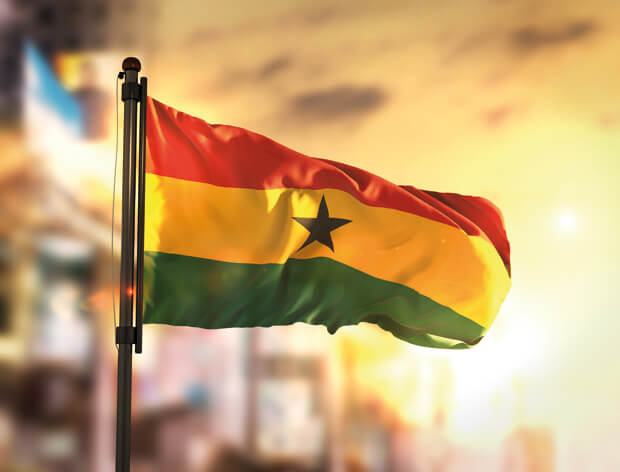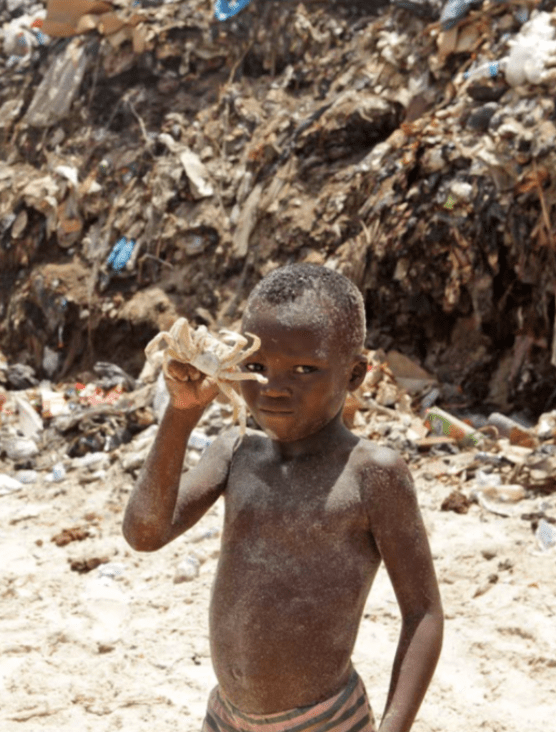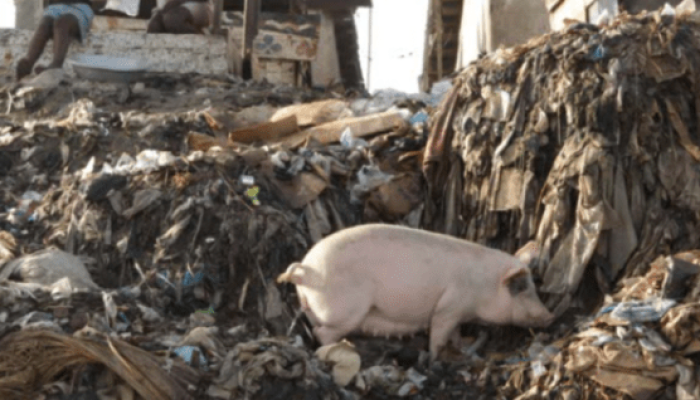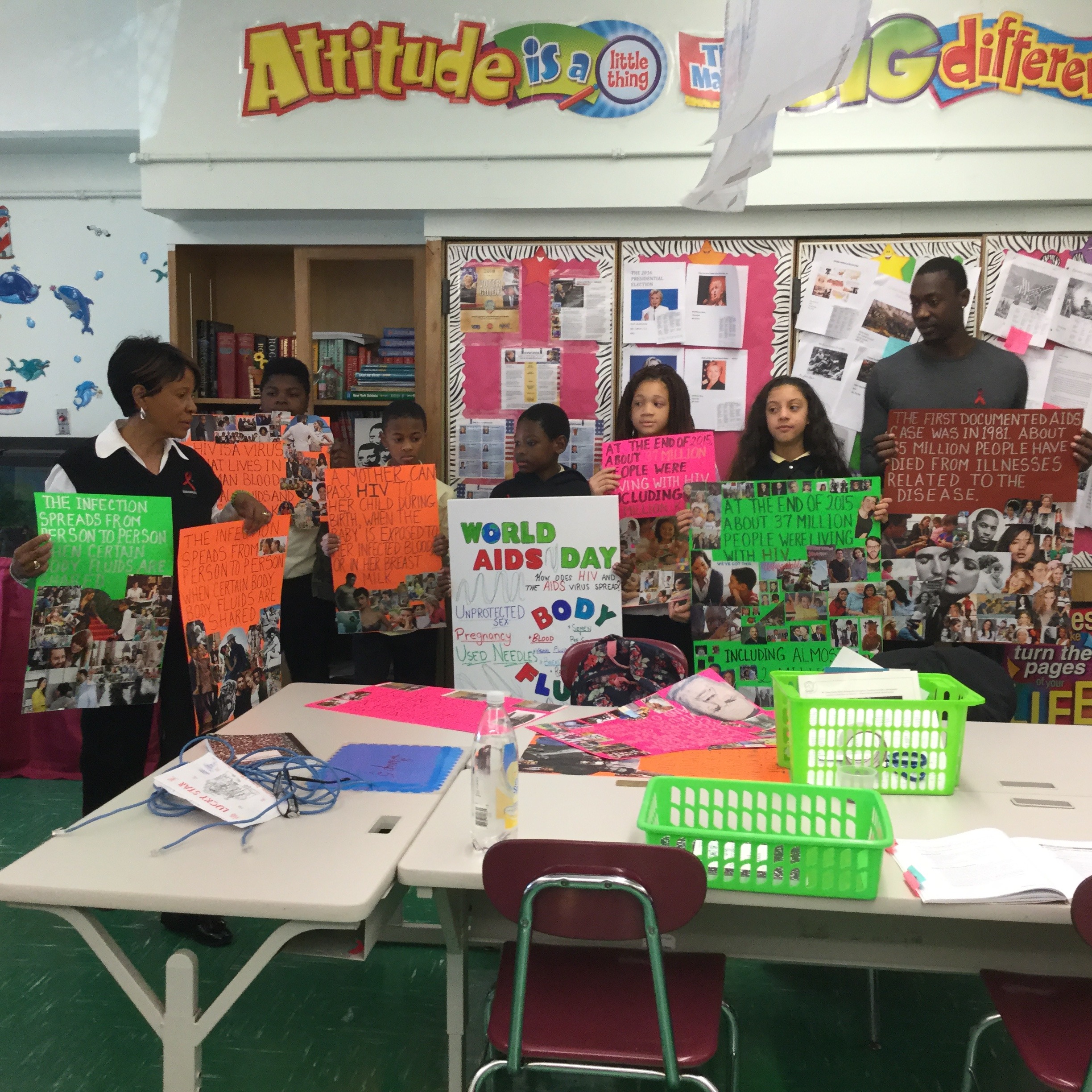The Mission Location
GHANA
Ghana is located in West Africa, and is home to to almost 30+million people. Ghana was the first country in Africa to gain is political independence, and has since held a reputation for stability and growth. Walking down a busy street in the capital Accra, you will encounter the locals adorned in colourful traditional clothing, as well as food vendors selling an fried meats, soups, stews, rice, beans and fruit by the street. Close your eyes and listen, you’ll hear vibrant hip-life music blaring from speakers, being challenged by the symphony of taxi and tro-tro horns as they whiz by.

Exploring the Ghanaian Economy
Welcome to our insight into the vibrant economy of Ghana, a nation characterized by resilience, growth, and diversity.
-
Steady Growth Amid Challenges
Since the early 2000s, Ghana has maintained a trajectory of steady economic growth, earning recognition as a 'lower-middle-income country' by international standards. This growth has been driven by various sectors including agriculture, mining, manufacturing, and services. Despite facing challenges such as income inequality, infrastructure deficits, and external shocks, Ghana has continued to demonstrate resilience and determination in pursuit of economic prosperity.
-
Investment and Development Initiatives
Ghana has been proactive in fostering an environment conducive to investment and development. The government has implemented policies to attract foreign investment, promote entrepreneurship, and enhance infrastructure development. Initiatives such as the Ghana Investment Promotion Centre (GIPC) and the One District One Factory (1D1F) program aim to stimulate economic activity, create jobs, and drive sustainable growth across various regions.
-
Diversification and Innovation
Recognizing the importance of diversification, Ghana has been exploring new avenues for economic growth and innovation. Efforts to modernize agriculture, expand the manufacturing base, and leverage technology have been key priorities. The emergence of sectors such as fintech, renewable energy, and digital services underscores Ghana's commitment to embracing the opportunities of the 21st century economy.
-
Challenges and Opportunities
While Ghana's economy has made significant strides, it still faces challenges that require concerted efforts and strategic interventions. Addressing issues such as income inequality, access to quality education and healthcare, infrastructure development, and sustainable resource management remains critical. However, these challenges also present opportunities for collaboration, innovation, and inclusive growth.
-
Our Commitment
As an organization invested in the well-being and prosperity of Ghana, we are committed to contributing to its economic development journey. Through our initiatives in education, community empowerment, and sustainable development, we aim to be catalysts for positive change and transformation. Together, let's continue to build a prosperous and inclusive future for Ghana.
DEFINITION OF EXTREME POVERTY
Welcome to our insight into the vibrant economy of Ghana, a nation characterized by resilience, growth, and diversity. Extreme poverty is characterized by severe deprivation of basic human needs, encompassing essentials such as food, safe drinking water, sanitation facilities, healthcare, shelter, education, and information. It is determined not solely by income but also by access to vital services.
At BASICS, we are deeply committed to serving demographics facing these hardships. Through our initiatives in education, community empowerment, and sustainable development, we aim to uplift individuals and communities affected by extreme poverty.
Poverty
By providing access to education, healthcare, and economic opportunities, we strive to break the cycle of poverty and foster a brighter future for all.
Our pledge Today, Tomorrow's reality
CHORKOR
Since 2000, BASICS has been dedicated to supporting communities across multiple regions in Ghana. In 2005, we established our Intervention Centre in Chorkor, a community we proudly call home to this day.
Chorkor, situated on the outskirts of the nation's capital, Accra, is an overpopulated fishing community. Regrettably, it ranks among the poorest areas in the city. According to a Global Communities report, Chorkor is labeled as a "poverty endemic" region. The community grapples with significant challenges, including a lack of basic infrastructure such as toilets, bathhouses, drains, and roads. Most residences are constructed from brick, mud, and plywood. As a community surrounded by the Atlantic Ocean, fishing, fish mongering, and fish smoking serve as the primary livelihoods. Unfortunately, Chorkor faces a host of health issues due to unsanitary conditions, with communicable diseases and other illnesses prevalent.
The absence of proper sewage systems and drains exacerbates the situation, resulting in wastewater flowing between homes, and children resorting to defecating along drains. Furthermore, inadequate waste management leads to trash accumulating on beaches and in the ocean, only to be washed ashore again by fishing nets

Tragically, many children in Chorkor shoulder the responsibility of being the primary breadwinners for their families. Often, they sell the products of their parents’ labor—a testament to their families’ reliance on their modest earnings. For these families, the financial strain of schooling isn’t solely about fees but also the loss of income from these children’s labor. BASICS intervenes by sponsoring the costs associated with education, including uniforms, stationery, and learning materials. This support significantly alleviates the burden on these families and empowers children to pursue education without sacrificing their families’ livelihoods. Chorkor has social and cultural practices that perpetuate cycle of poverty in the area. It is common, and expected, for girls as young as12 years old to be
self-supporting and independent from their parents. Most obtain independence by becoming mothers themselves while others enter the commercial sex trade. Teenage pregnancy is very common in Chorkor, resulting in large number of school-aged children roaming the community. In the community of Chorkor, education is considered to be a low priority. Despite the difficulties the people of CHORKOR face, BASICS challenges you to find a community with more buzz and excitement. Throughout the year, many traditional festivals are celebrated with the sound of drums, the smell of food, the colour of African prints and exuberant smiles, injecting even more culture and history into this memorable setting. Experiencing Chorkor is experiencing a true taste of Africa.
Do You Want to Touch Lives
Become a Volunteer
OUR HQ
NEW YORK
BASICS is headquartered in Queens, York. Our NY office is manned by volunteers, Fellows and Interns who are responsible for administrative and fundraising activities of the organization. Our NY office is host to BASICS Youth Ambassador program (BYA). BYA empowers youth through leadership, service and civic engagement. Youth are challenged to invest in their local community as well as global community. BYA clubs are organized in middle, high school and universities. BYA clubs has organized drives to support World Aids Day, Cancer Walks, Shoe Drives for Ghana, book drives, voters registrations, workshop on preparing for college and mentoring programs for middle school students.

Contact (Ghana & USA Office's)
P.O.Box CT 3727, Cantonments Accra Ghana, West Africa.
P. O BOX 300888
JAMAICA NY 11430 USA
Chorkor Accra
B.A.S.I.C.S International
162- 04 Tuskegee Airmen Way Jamaica, New York 11433 USA
